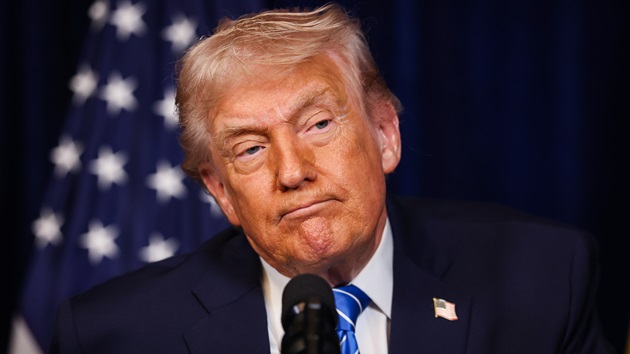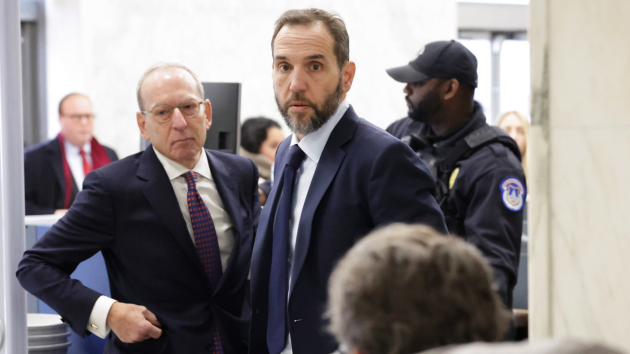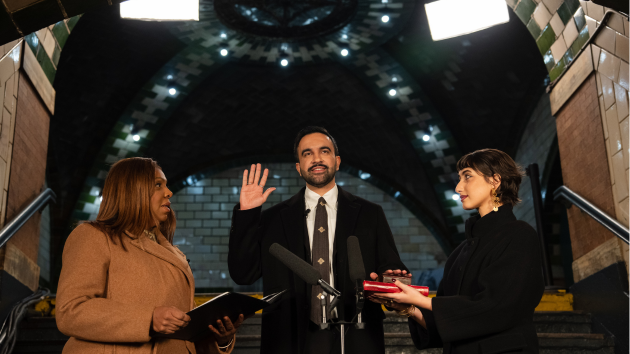Supreme Court case could upend felony charges against Jan. 6 rioters, Trump
Written by ABC Audio ALL RIGHTS RESERVED on April 16, 2024

(WASHINGTON) — The Supreme Court on Tuesday is hearing arguments in a high-stakes case that could invalidate felony obstruction charges for more than 300 individuals connected to the Jan. 6, 2021, Capitol attack — including former President Donald Trump.
At issue in the case of Fischer v. United States is whether a federal law enacted in 2002 to prevent the cover-up of financial crimes can be used to put some Jan. 6 defendants behind bars, potentially up to 20 years.
The Sarbanes-Oxley Act, passed in response to the Enron accounting scandal, criminalizes the destruction of evidence — specifically records or documents — and anyone who “otherwise obstructs, influences or impedes any official proceeding, or attempts to do so.”
Joseph Fischer was a participant in the “Stop the Steal” rally on Jan. 6 who faces prosecution for allegedly being part of the crowd that entered the Capitol as Congress was attempting to certify the 2020 election results.
The Justice Department alleges Fischer’s unauthorized presence inside the Capitol building impeded Congress’ certification of the electoral vote count, which is an “official proceeding.”
Trump is not named in the case but faces the same charge being challenged by Fischer, a former Pennsylvania police officer.
The DOJ has used the statute to win convictions or guilty pleas against more than 150 individuals involved in the events of Jan. 6.
Fischer argues the government’s reading of the law is overly broad and unprecedented. He claims the “obstruction of an official proceeding” clause should apply only to the types of financial and evidentiary crimes the law was intended to target.
A District Court judge — Trump-appointee Carl J. Nichols — sided with Fischer and dismissed the felony count against him and several other alleged rioters. Later, a divided Appeals Court panel reversed that decision in a 2-1 ruling that reinstated the charges.
Overall, 14 of the 15 federal judges who have overseen cases involving alleged Capitol rioters charged with obstruction of an official proceeding have allowed the DOJ to use the Sarbanes-Oxley Act.
If the Supreme Court rules in favor of Fischer, it could call into question dozens of Jan. 6 prosecutions – potentially resulting in some overturned convictions or reduced sentences — but would likely not upend the majority of Jan. 6 cases, most of which involve violent felony charges or misdemeanor infractions like trespassing, legal experts say.
Such a decision could, however, significantly undermine special counsel Jack Smith’s prosecution of Trump for his alleged efforts to overturn the results of the 2020 election. Two of the four counts in the federal indictment against Trump involve the Sarbanes-Oxley Act and alleged conspiracy to obstruct and actual obstruction of an official proceeding.
In a separate case this month, the high court will decide whether Trump is altogether immune from criminal prosecution for his alleged election interference. A ruling in both cases is expected by the end of June.
Copyright © 2024, ABC Audio. All rights reserved.
 KVSP
KVSP 




